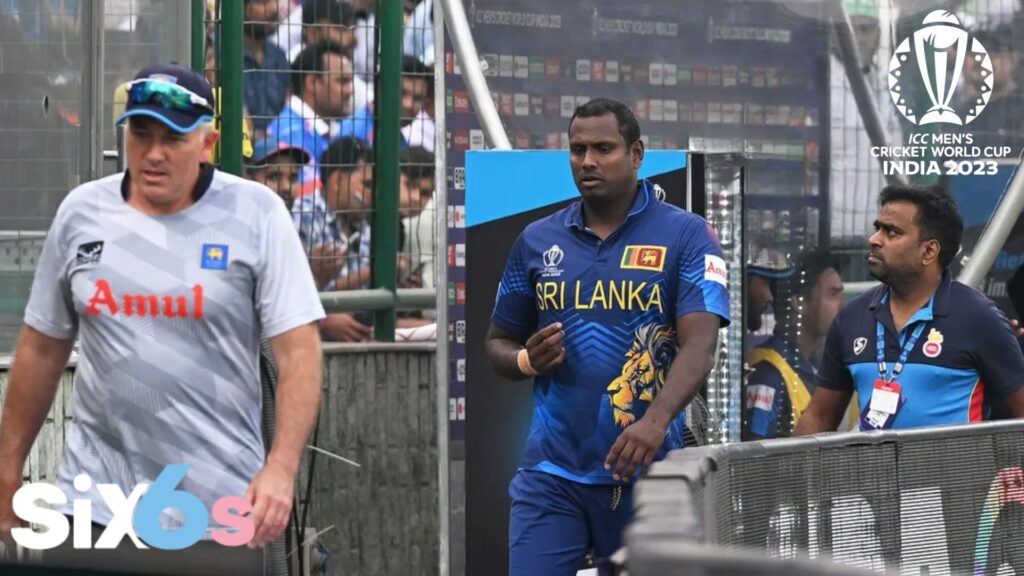
The incident occurred during the 25th over of Sri Lanka’s innings. With Mathews making his way to the crease to begin his innings. However, before he could face his first ball. The umpires called him “timed out,” which infuriated and divided fans and commentators alike.
Conflicting Reactions from Mathews and Shakib
Mathews, understandably disappointed by the decision, expressed his disagreement with the umpires’ ruling. Stating that he was ready to face the next delivery and that the dismissal was unfair.
On the other hand, Bangladesh captain Shakib Al Hasan defended the umpires’ decision. Arguing that Mathews had taken too long to reach the crease and that the batsmen’s guard-taking time was clearly defined by law.
The ICC’s Ruling on the Dismissal
The International Cricket Council (ICC) later issued a statement clarifying that the dismissal was in accordance with the playing conditions. Which stipulate that a batsman has two minutes from the fall of the previous wicket to reach the crease.
However, the ICC also acknowledged that there was “confusion” surrounding the dismissal, and that they would be reviewing the incident to determine if any changes to the playing conditions are necessary.
Mathews Defends His Position
While he was set to bat and had notified the umpires about the helmet strap issue, Mathews conveyed his disappointment with the decision. He questioned the timing of the dismissal, as he was ready to take guard just seconds after the two-minute window ended.
Shakib Stands by the Appeal
Shakib Al Hasan, the Bangladesh captain, defended his team’s decision to appeal for the ‘timed out’ dismissal. He maintained that Mathews had taken longer than the allotted time to reach the crease and that the appeal was within the rules of the game.
Conclusion:
The controversial ‘timed out’ dismissal has sparked discussions about the role of umpires and the interpretation of the rules in cricket. While the ICC has upheld the decision, the incident has raised questions about the fairness and consistency of umpiring decisions.
